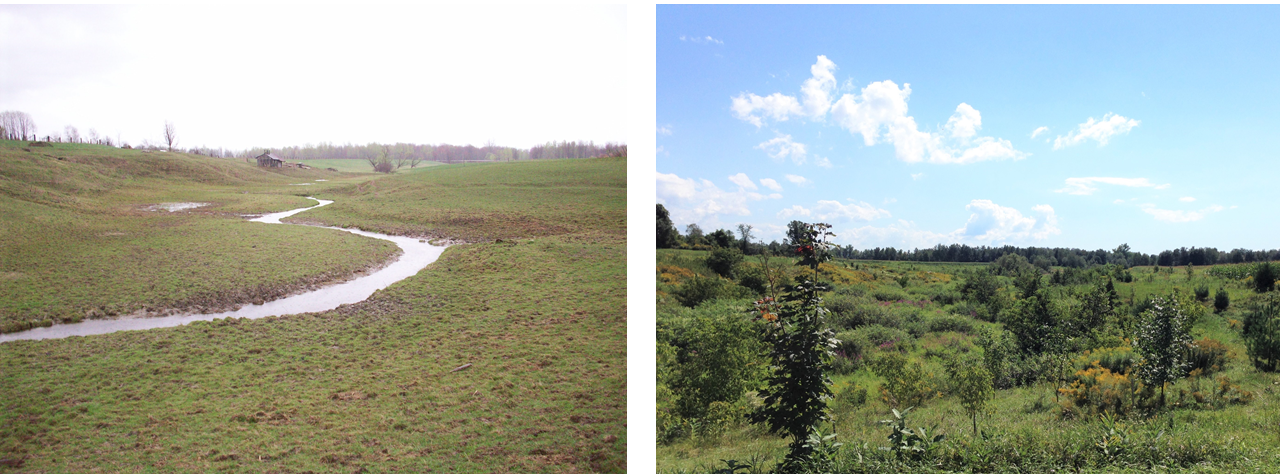
Lake Champlain has a problem, and a new podcast aims to help.
Currently, water quality conditions of the Lake Champlain basin fail to meet Clean Water Act standards for phosphorus, a nutrient pollutant primarily from nonpoint sources that stimulates excessive algae growth. One way to limit phosphorus inputs to improve water quality is by restoring riverbank habitat – or riparian areas and corridors. Riparian zones provide a variety of functions, including helping to absorb and filter runoff, a key contributor of phosphorus.
“There are hundreds of professionals in Vermont working on restoring riparian forests,” said Alison Adams, watershed forestry coordinator at the Lake Champlain Sea Grant and University of Vermont Extension. “They are all very busy, often jetting from one field site to another to talk to landowners, check on recently planted projects, and install new plantings, so they don’t always have the time to learn about the latest research or hear what other people in the field are doing.”
Adams experienced this first-hand when conducting interviews with landowners and organizations working on riparian forest restoration in the Lake Champlain basin in 2020. She fielded questions about how to start a new riverbank restoration program, what native species to consider, and how to design for improvements to water quality versus wildlife habitat. The “Restoration Roundup” podcast concept emerged from this experience to provide a central hub for riparian forest restoration education and knowledge sharing.
“We’re excited to share this information in a fun and accessible format that people can listen to in their cars, while eating lunch, or even while planting trees,” Adams added. “We’re going to talk about the impact of invasive species like the emerald ash borer on riparian forests, the current shortage of native trees available for plantings, and lots more.”
The “Restoration Roundup” podcast intends to arm individuals, professionals, and organizations with the information needed to improve the success of restoration projects and ultimately, local water quality. The first broadcast is slated to make its debut in late September 2021 on Spotify.
The monthly podcast is part of the Watershed Forestry Partnership (WFP), a project housed within the University of Vermont Extension and Lake Champlain Sea Grant. This project has been funded wholly or in part by the United States Environmental Protection Agency under assistance agreement (LC00A00695-0) to NEIWPCC in partnership with Lake Champlain Basin Program.